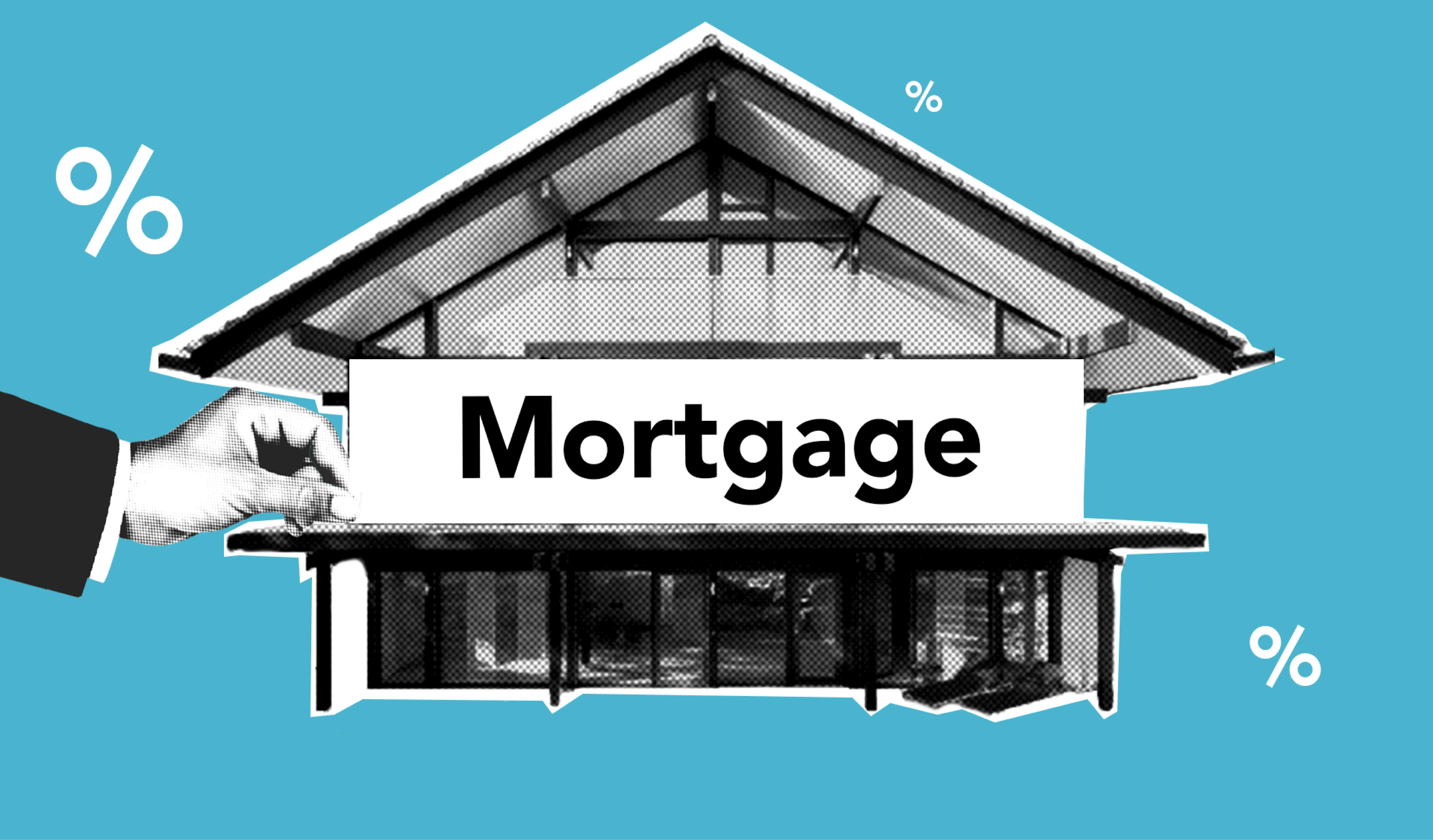Buying a home in Malaysia is a significant financial decision and can be a complex process. Understanding the steps involved can help make the process smoother and more manageable. Here’s a comprehensive step-by-step guide to navigating the home buying process in Malaysia.
1. Determine Your Budget

Before you start house hunting, it’s crucial to determine your budget. This will help you narrow down your search to properties that are within your financial reach and avoid wasting time on homes that you cannot afford.
- Assess Your Financial Situation: Review your savings, income, and existing debts to determine how much you can afford to spend on a home.
- Get Pre-Approved for a Mortgage: Contact banks or financial institutions to get pre-approved for a mortgage. This will give you a clear idea of how much you can borrow and the terms of the loan.
Career Tip: Use online mortgage calculators to estimate your monthly payments based on different loan amounts, interest rates, and loan terms.
2. Research and Choose a Location

The location of your new home is a critical factor. Consider the following when choosing a location:
- Proximity to Work and Schools: Choose a location that is convenient for your commute to work or your children’s schools.
- Amenities and Services: Look for areas with essential amenities such as supermarkets, hospitals, and recreational facilities.
- Future Development: Research potential future developments in the area, as these can affect property values.
Career Tip: Visit neighborhoods at different times of the day to get a feel for the community and assess factors like traffic, noise levels, and safety.
3. Engage a Real Estate Agent

A real estate agent can provide valuable assistance throughout the home buying process. They can help you find suitable properties, negotiate with sellers, and guide you through the paperwork.
- Find a Qualified Agent: Look for a licensed real estate agent with experience in the local market. Seek recommendations or check online reviews to ensure they have a good reputation.
- Discuss Your Needs: Clearly communicate your requirements and budget to your agent so they can tailor their search to your preferences.
Career Tip: Choose an agent who is knowledgeable about the area you are interested in and has a track record of successful transactions.
4. Begin the Property Search

With your budget and location in mind, start searching for properties that meet your criteria. Your real estate agent can provide listings, but you can also use online property portals and visit open houses.
- View Properties: Schedule viewings for properties you’re interested in. Take notes and photos to help you remember the details of each property.
- Compare Options: Evaluate different properties based on factors such as price, condition, size, and location.
Career Tip: Make a checklist of features you want in a home and use it to compare properties objectively.
5. Make an Offer

Once you find a property you like, it’s time to make an offer. Your real estate agent will help you with this process.
- Submit a Letter of Offer: Your agent will draft a Letter of Offer (LO) outlining the proposed purchase price and other terms. The seller will review and either accept, reject, or counter the offer.
- Negotiate Terms: Be prepared to negotiate on price, terms, and conditions. Your agent can assist in negotiating a fair deal.
Career Tip: Ensure that your offer includes a deposit, typically 1-3% of the purchase price, which is a sign of good faith and commitment to the purchase.
6. Sign the Sale and Purchase Agreement (SPA)

Once the offer is accepted, the next step is to sign the Sale and Purchase Agreement (SPA), a legally binding document that outlines the terms of the sale.
- Review the SPA: Carefully review the SPA with your lawyer to ensure that all terms and conditions are accurate and fair.
- Pay the Deposit: At this stage, you will need to pay an additional deposit, usually 10% of the purchase price, which will be held in escrow until the transaction is completed.
Career Tip: Engage a lawyer who specializes in property transactions to help you understand the terms of the SPA and protect your interests.
7. Apply for a Mortgage

If you haven’t already, now is the time to finalize your mortgage application.
- Submit Required Documents: Provide your bank or financial institution with the necessary documents, including proof of income, identification, and details of the property.
- Complete the Mortgage Approval: Once approved, you’ll receive a Letter of Offer for the mortgage, outlining the loan amount, interest rate, and repayment terms.
Career Tip: Compare mortgage offers from different banks to find the best terms and interest rates for your needs.
8. Conduct a Property Inspection
Before completing the purchase, it’s advisable to conduct a property inspection to ensure that the property is in good condition and there are no hidden issues.
- Hire a Professional Inspector: Engage a qualified property inspector to assess the condition of the property, including structural integrity, electrical systems, and plumbing.
- Address Issues: If any issues are identified, discuss them with the seller and negotiate repairs or adjustments to the purchase price if necessary.
Career Tip: An inspection can help prevent unexpected expenses and ensure that you’re making a sound investment.
9. Complete the Transaction
Once all conditions are met, and the mortgage is approved, you can proceed to complete the transaction.
- Final Payment: Pay the remaining balance of the purchase price, less any deposits already made.
- Transfer of Ownership: The property title will be transferred to your name. This process is typically handled by your lawyer.
Career Tip: Ensure that all financial transactions are documented and retain copies of all documents related to the purchase.
10. Handover and Move-In

After the transaction is completed, you’ll receive the keys to your new home.
- Handover Process: Conduct a final walkthrough of the property to ensure that it is in the agreed condition and that any agreed-upon repairs or changes have been made.
- Moving In: Plan your move and settle into your new home.
Career Tip: Change the locks and update your address with relevant authorities and service providers to ensure a smooth transition into your new home.
Final Thoughts
Buying a home in Malaysia involves several important steps, from budgeting and property search to signing the Sale and Purchase Agreement and completing the transaction. By following this step-by-step guide and working with qualified professionals, you can navigate the home buying process with confidence and make a well-informed decision. Remember to stay organized, ask questions, and seek professional advice to ensure a successful and satisfying home buying experience.














